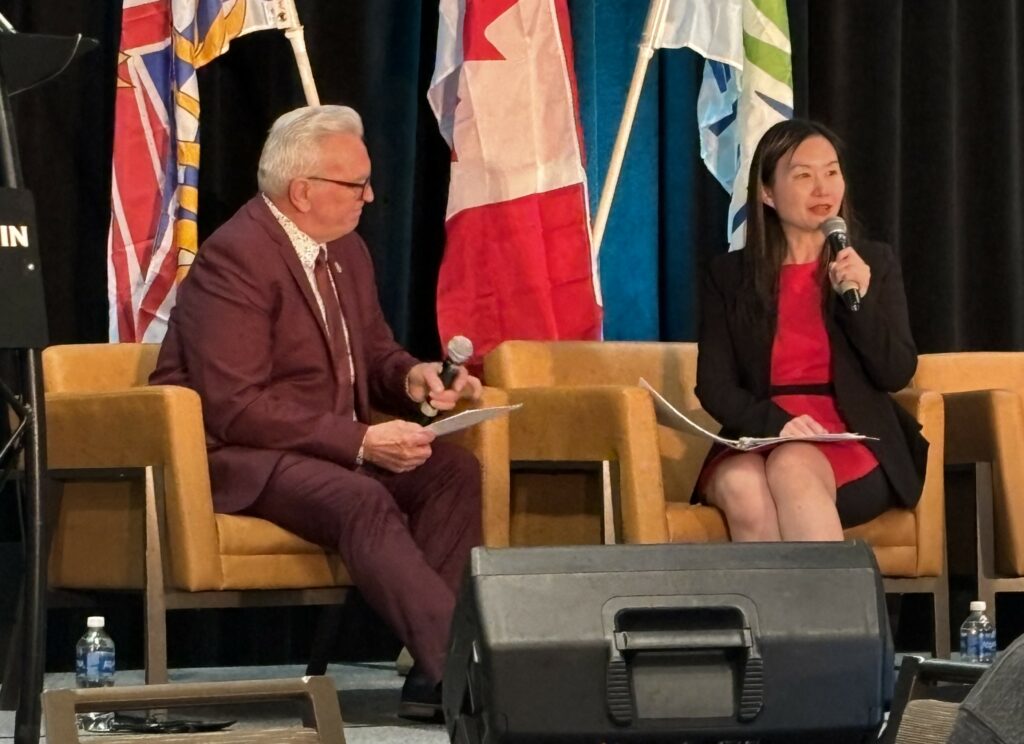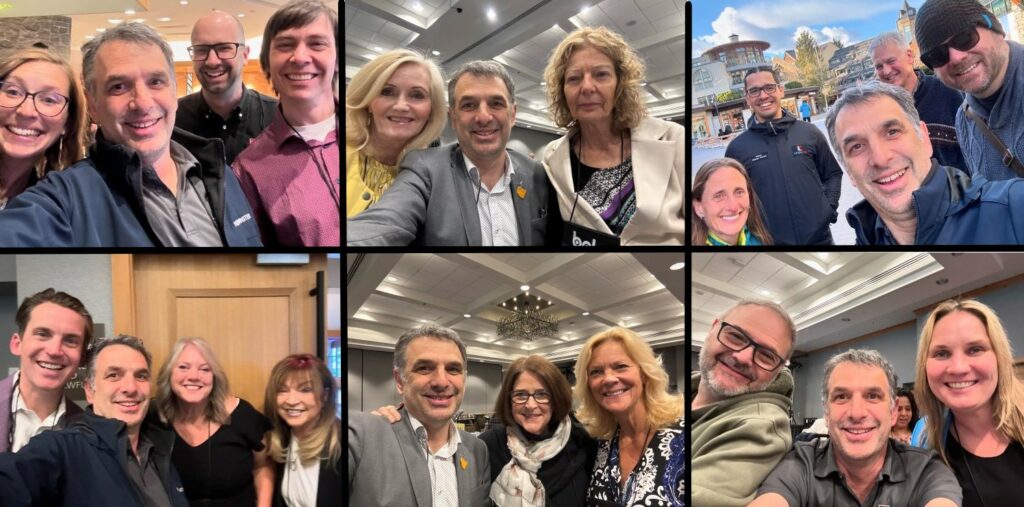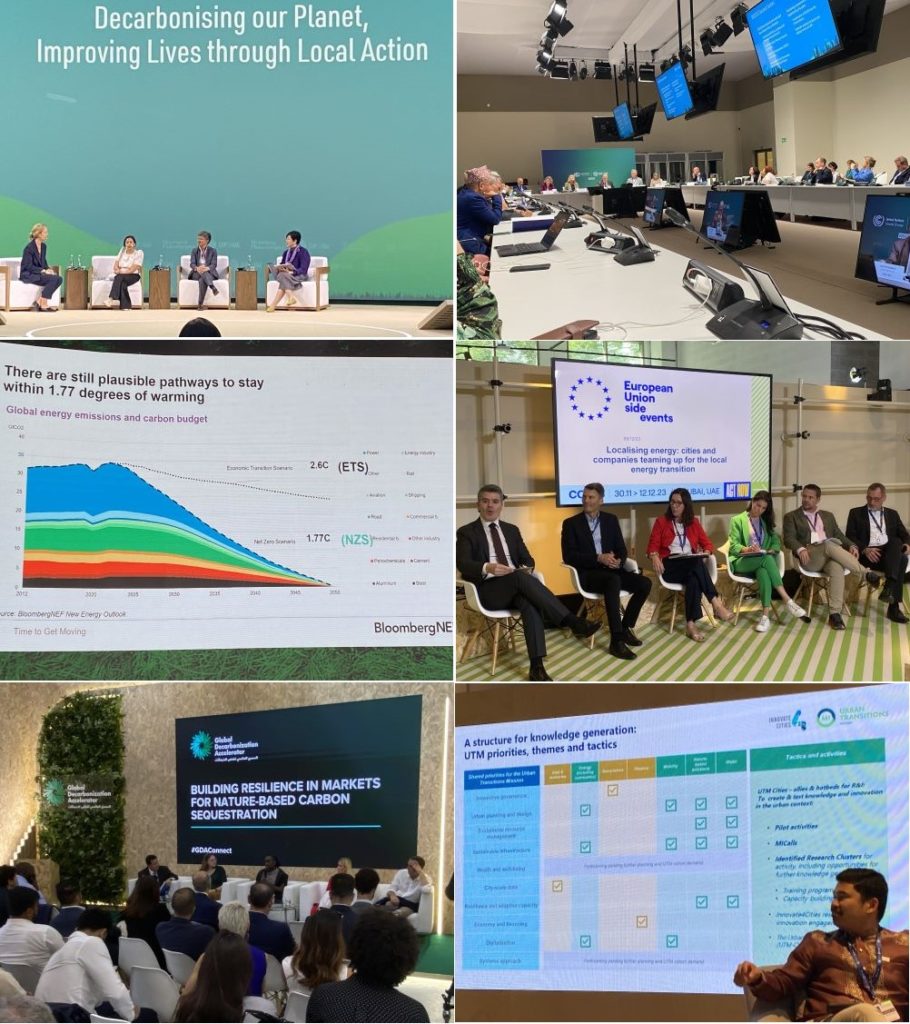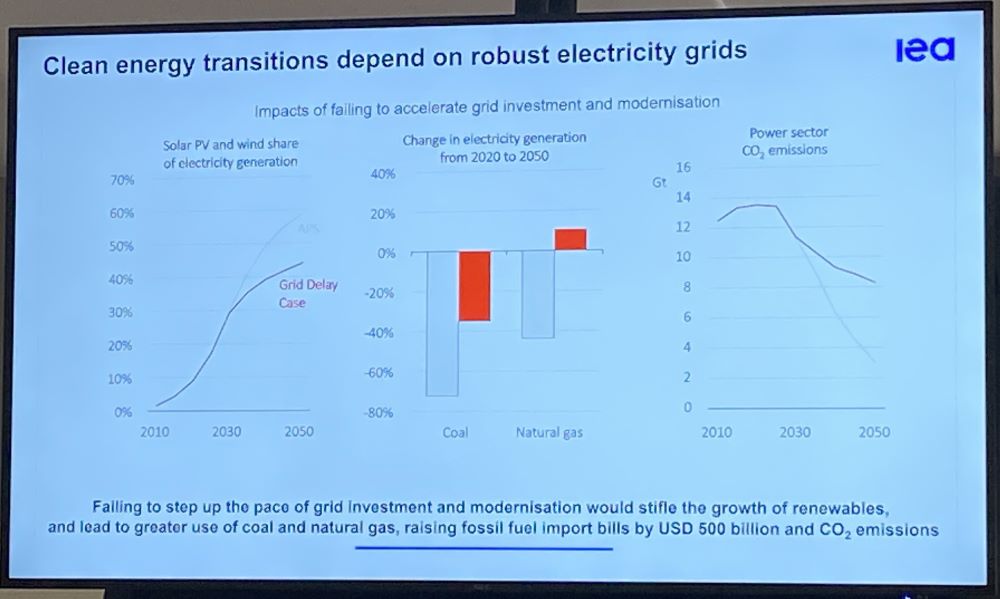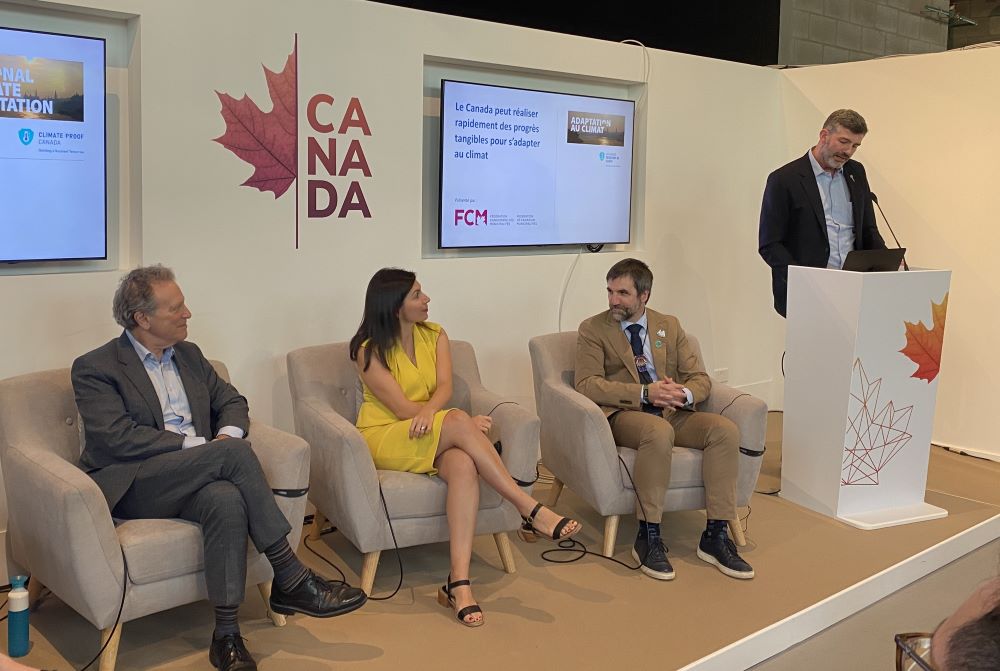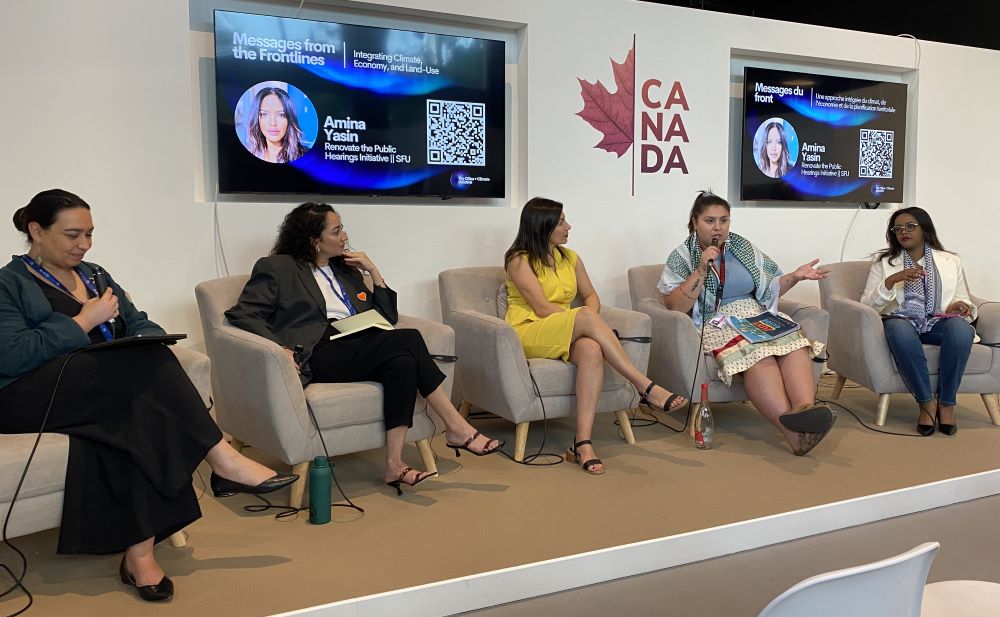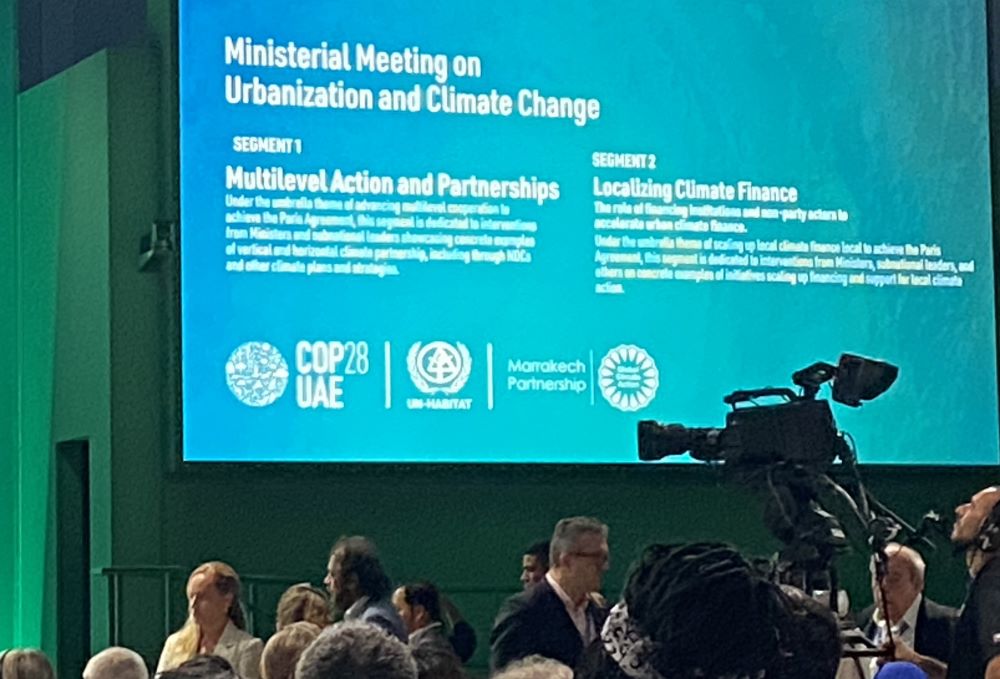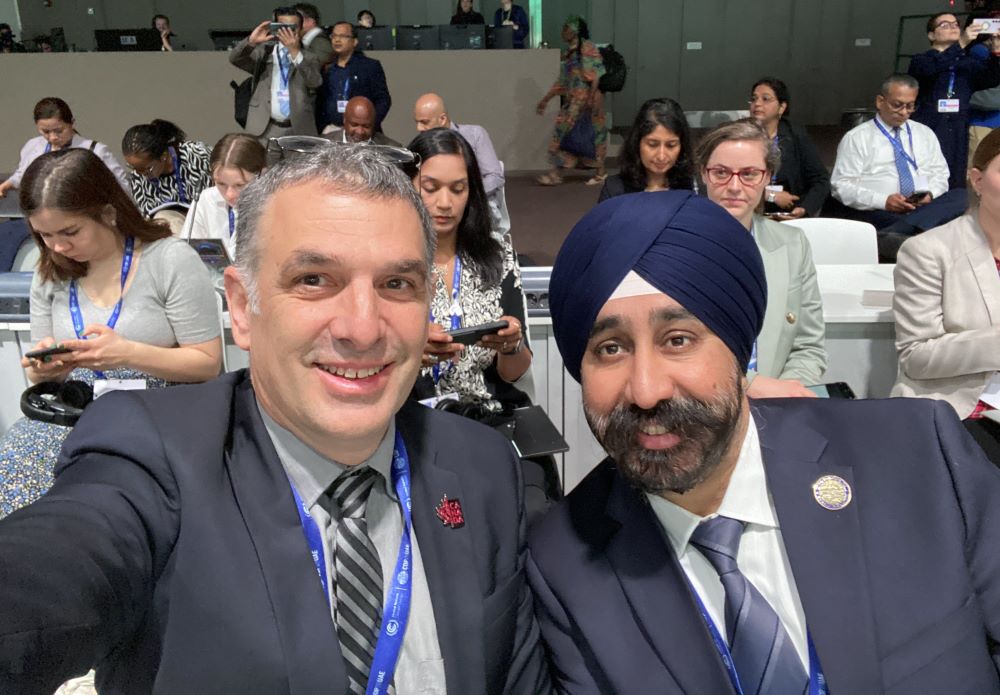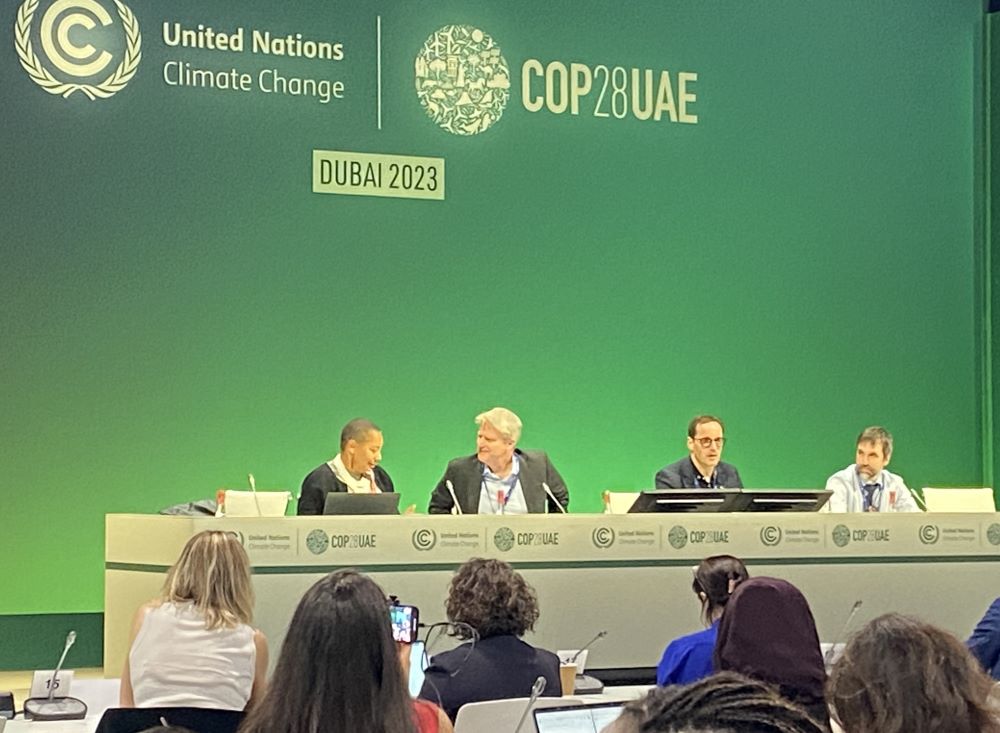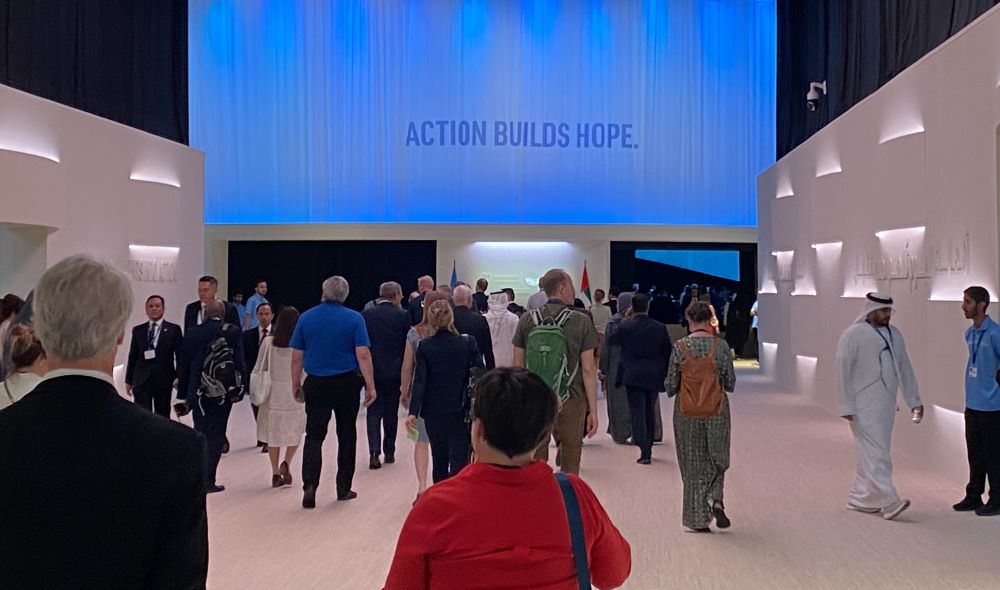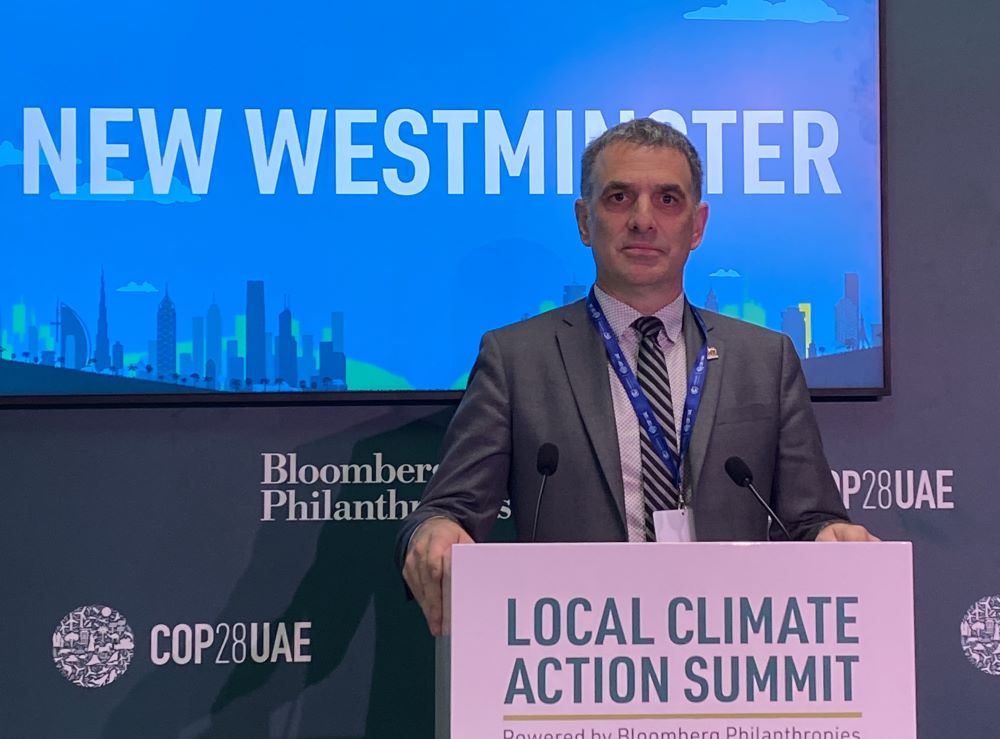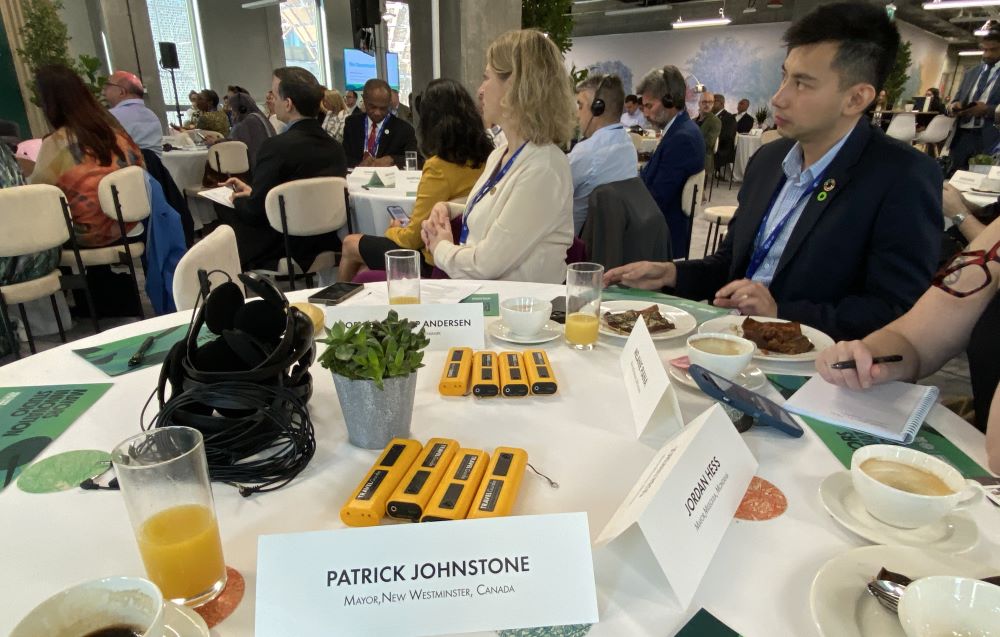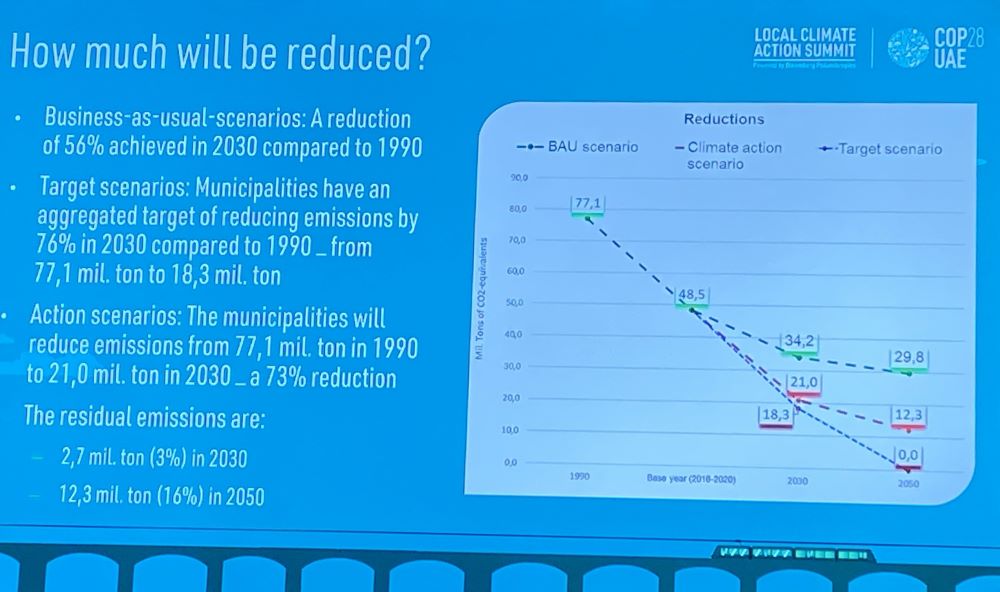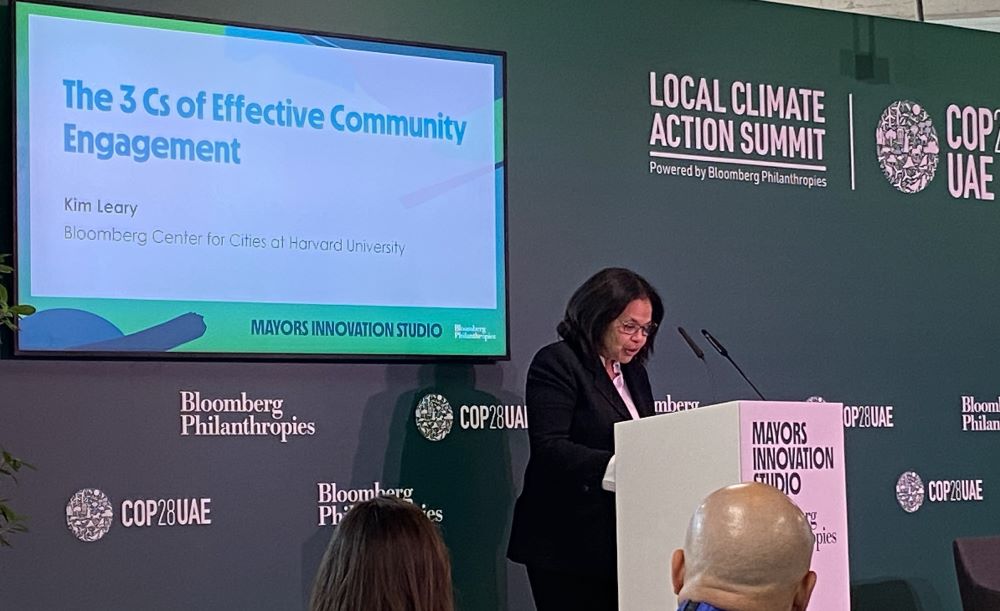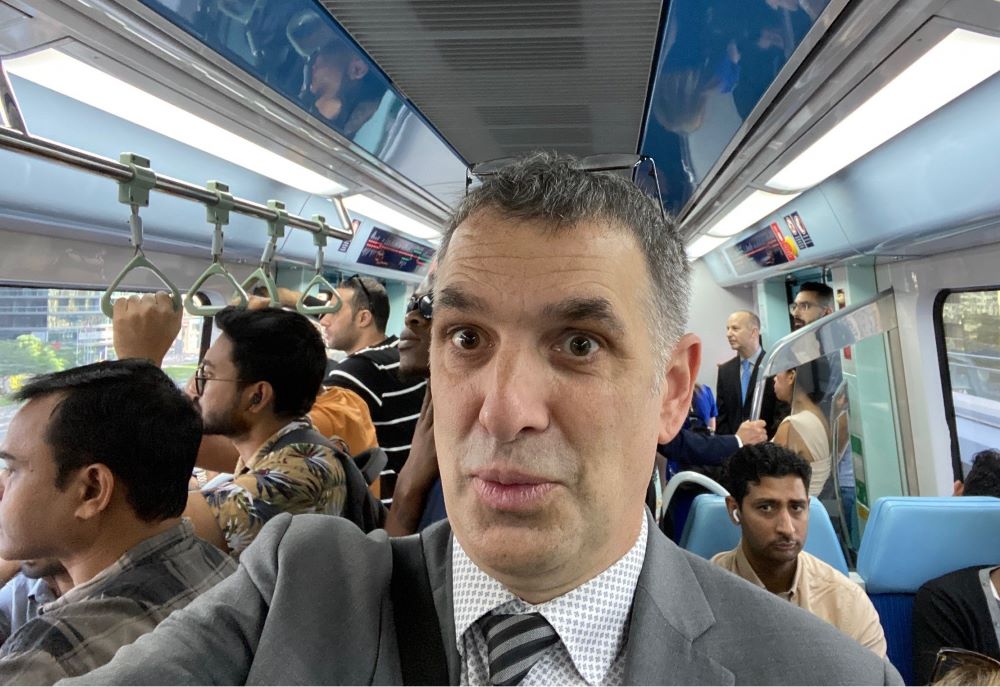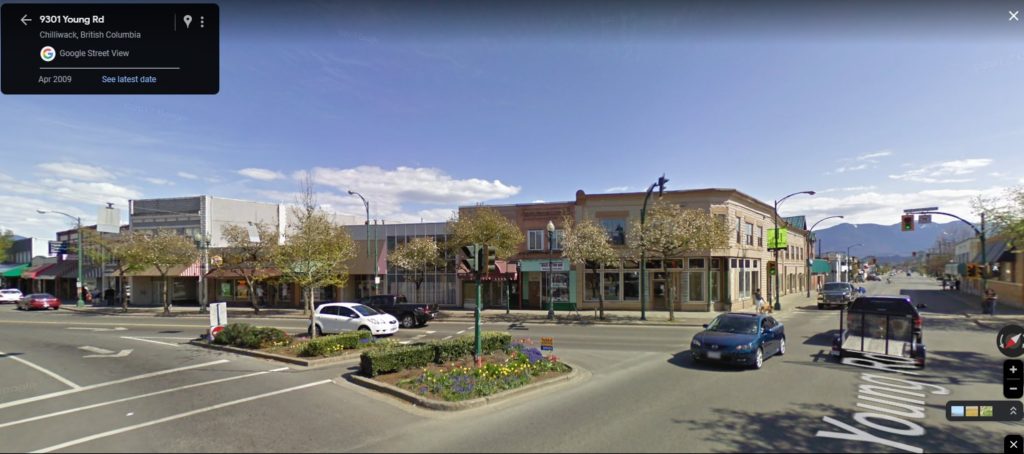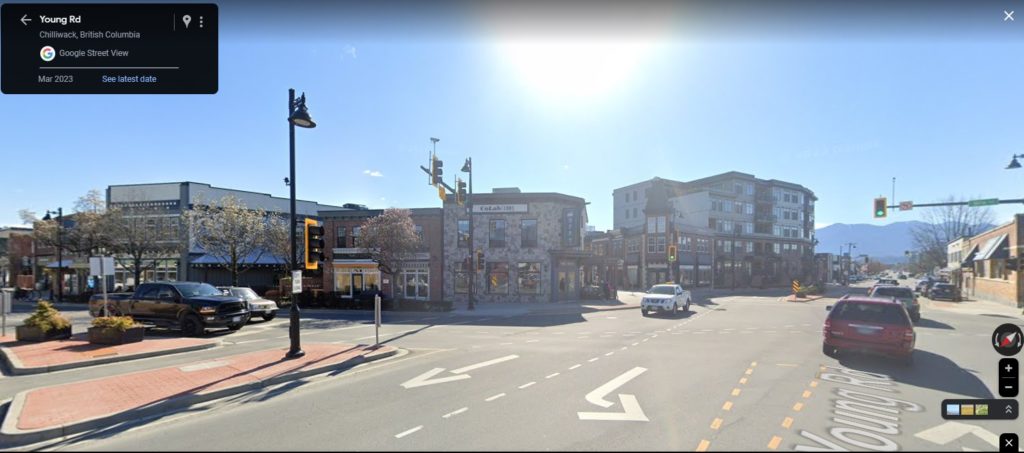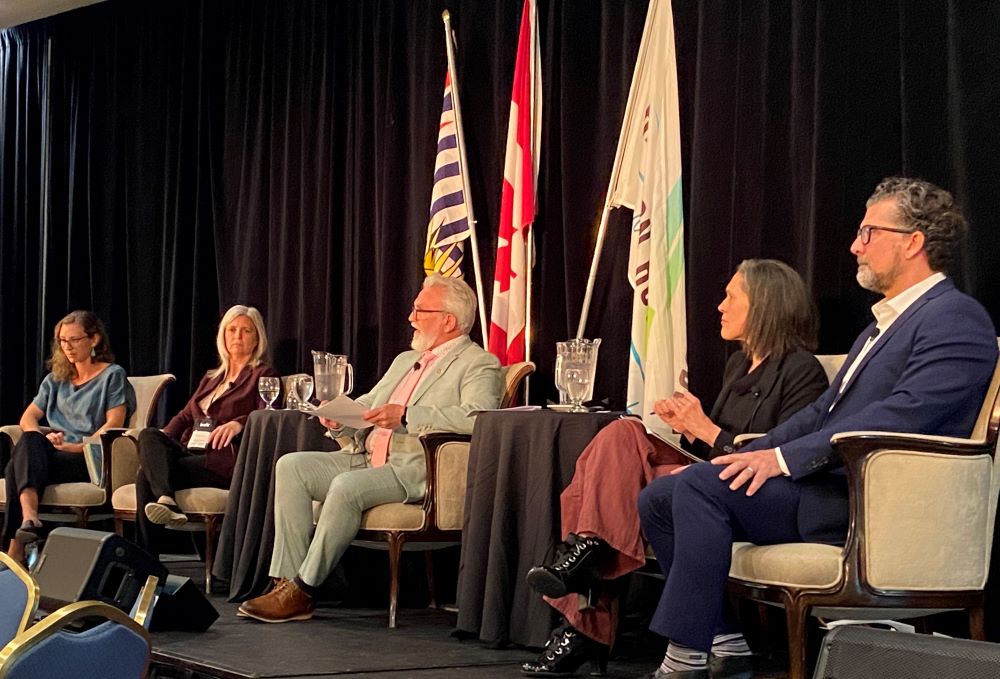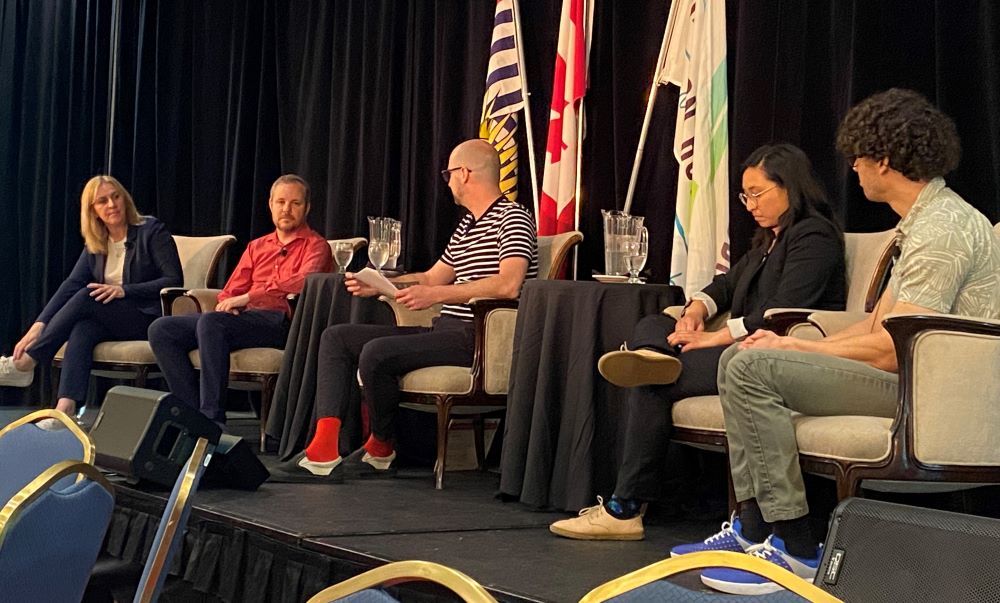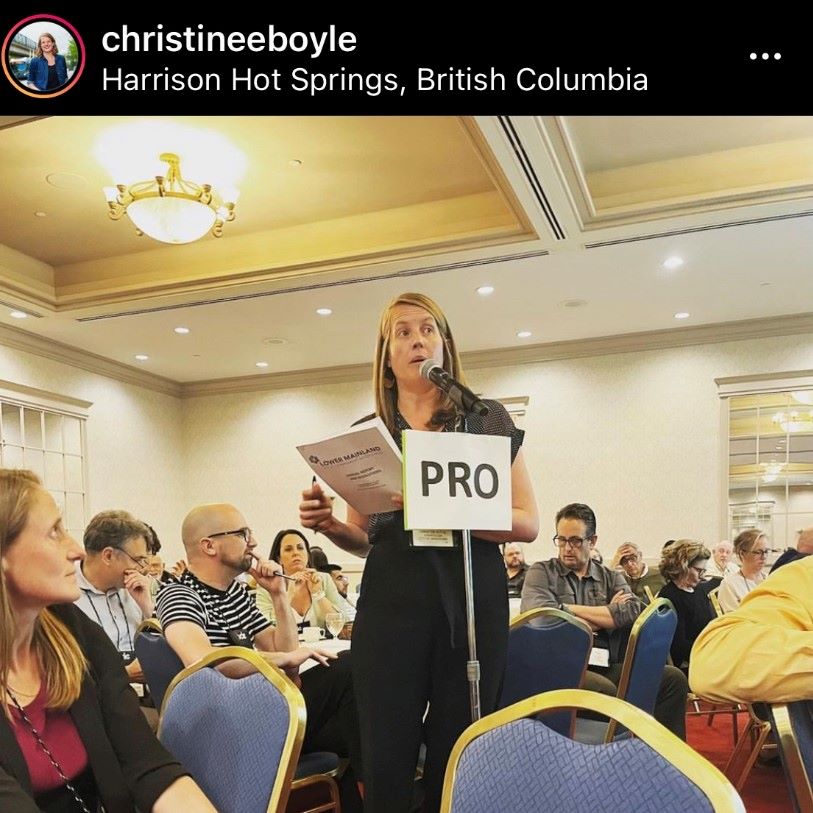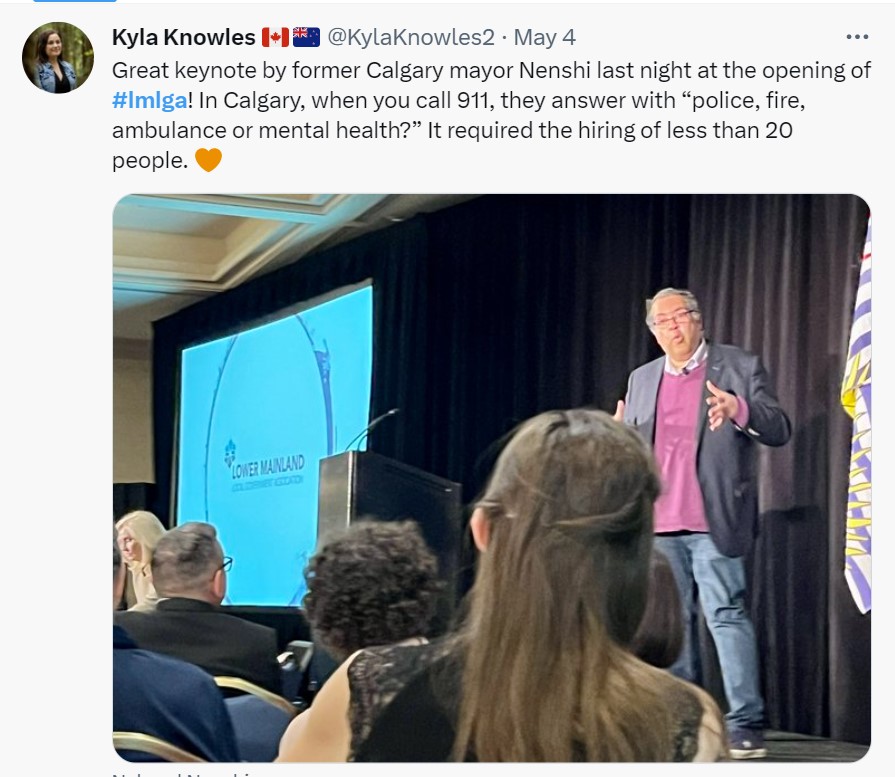A couple of weeks ago, several members of New West Council attended the annual Lower Mainland Local Government Association meeting and conference in Whistler. I try to report out here on every conference I attend, including the Lower Mainland LGA (with a few recent examples from years past available here, here and here), and this year is no exception – sorry for the couple of week wait.
I’ll copy from my own text in one of those earlier posts and remind you the Lower Mainland LGA is an “area association” that operates as a sort of local chapter of the Union of BC Municipalities, and acts as an advocacy, information sharing, and collaboration forum for a large area, stretching from Boston Bar and Pemberton to the US border, including all of the communities of the lower Fraser Valley and Howe Sound. It represents a large, diverse region comprising dense urban centres, resort municipalities, rural areas, and both the majority of BC residents and the majority of BC’s farms. For an organization centered around Greater Vancouver, it has a strong and effective presence from the Fraser Valley and Howe Sound regions, which makes for an interesting rural/urban mix.
The meeting has three components: the typical convention-type workshops and networking sessions (“Learnings”), the Resolutions Session where the membership votes on advocacy issues (“Resolutions”), and the AGM with all the budget-approving and electing-officers fun you might expect (“Business”). I want to keep this to one blog post, so cannot cover all of my take-aways, every session I attended, or all of the resolutions, but here is enough of a flavor of the serious meeting parts.
Learnings:

I started the meeting attending learning sessions put on by BC Hydro around their new Distribution Extension Policy and some enhanced municipal Collaboration Case Studies. The latter were examples where BC Hydro and local governments have worked together to better coordinate both project planning and project execution to both reduce impacts on each other’s infrastructure and reduce public service disruptions related to major capital works. The DEP changes were informative, as BC Hydro is changing how they charge the development community, homebuilders, and commercial customers for new connections to the power grid. In many cases this means reduced cost for the homebuilder (aligned with provincial mandates to get more housing built), but a bigger load on ratepayers. We will have to review our policies in New West to determine our financial ability to align or adjust our connections finance model with this in mind.

The Main LGA session began with a discussion of a Recent UBCM report on the impact of on-again off-again tariffs on the Canadian economy, the BC local fallout and, in turn, the impact on BC communities. Oxford Economics was engaged to model impacts at the Local Government level, from revenues to investment uncertainty to inflation. In short, BC is less impacted than other provinces, and the best counter-measure for the government is fiscal stimulus – investing in infrastructure like housing that needs to be built here by domestic workers. For the longer story, you can read the full report here.

There was also a good session on local initiatives to improve Public Engagement, with examples from the Fraser Valley, Abbotsford, and Langley City and SFU’s Centre for Dialogue. The latter talked about the history of Community Assemblies in BC, from the Campbell-era Electoral Reform initiative to current work in Burnaby, Gibsons, and New Westminster. Though the discussion was more on the topic of the threats on our institutions posed by democratic recession and attention capitalism, it was nice to see New West’s assembly held up as a small but effective counter to those forces.

I also enjoyed the session on Social Procurement, another initiative where New Westminster is engaged (we are a member of the BC Social Procurement Initiative along with two dozen other local governments in BC), if not exactly leading. The idea behind social procurement should be familiar to everyone after the conversation of the last three months as large number of Canadians have taken it upon themselves to shop for not just the lowest price, but to find Canadian grown, manufactured, and marketed products – the more local the better – as a way of buffering an external economic threat and building our community at a time when it needs it. There was a longer discussion about “unbundling” as a process through which municipalities can better support local suppliers in this uncertain time, and other case studies from the BCSPI.
Resolutions:
The resolutions session is where local government leaders bring ideas to the membership with the mind to advocate for changes to funding or legislation from senior governments. We had 42 Resolutions discussed, some quickly passed, some debated at length. For many of us, this is the most interesting and exciting part of the meeting, as ideas are put forward, and members line up behind the “pro” and “con” mics and take their three minutes to convince the room to vote their way. It’s good old fashioned convention politics.

This year New Westminster had the following resolutions up for debate:
R16- Lobbyist Registration
…be it resolved that UBCM ask that the Government of BC introduce legislative reform that either:
enables municipalities and regional districts to use the Office of the Registrar of Lobbyists for BC, or
enables municipal councils and regional district boards to establish, monitor, and enforce lobbyist activities within their jurisdictions parallel to mechanisms available under the Lobbyist Transparency Act.
This resolution was endorsed by the Executive and endorsed by the Membership on consent and without debate.
R27- Regulating Vape Shops
…be it resolved that UBCM ask that the Province of BC include retail stores used primarily for sale of electronic nicotine or e-cigarettes under the Liquor and Cannabis Regulation Branch and thereby include restrictions that regulate where and how many of these retail stores are able to receive business licences in a community.
This resolution was briefly debated and endorsed by a large majority of the Membership.
R38- Tracking and Reporting of Votes on Motions and Resolutions
…be it resolved that LMLGA begin tracking and reporting how attendees vote on motions and resolutions at its annual convention and submit a motion to UBCM and FCM advocating for those organizations to do the same.
This was the longest and most interesting (IMHO) debate of the session, and I really wish the public had been there to see how elected officials grapple with what were a couple of really hard questions around the cost (and value?) we put on transparency. There were actually two debates going on at the same time: the first was whether elected officials should be tracked on how they vote on resolutions, some feeling it is an important measure of accountability, others concerned it would have a chilling effect on voting at resolutions sessions because of a fear of public or voter backlash (I argued the former along with the three New Westminster Councillors present). The second argument was a technical/cost concern that our resolution sessions are already lengthy, and bringing in an electronic voting method would be expensive and would slow the process down. There were some attempts to amend to reduce this last concern through softening the language asking the Executive to “explore” the idea as opposed to demanding its implementation, but in the end the membership voted to not endorse this motion by a relatively narrow margin.
So New West went 2 for 3 for resolutions, which according to the great political philosopher Meatloaf, ain’t bad.
Business:
The business of the LGA was fairly light – our finances are in fine condition, though the turnout at the LGA meeting this year felt a little low compared to some other recent events. The Town of Gibsons was permitted to join, though they are also members of the AVICC, they share many concerns and issues with their Sea-to-Sky cohort, and saw the advantage of connecting on this side of Howe Sound.

And New Westminster City Councillor Ruby Campbell was elected again to a second term as an At-Large officer of the Lower Mainland LGA executive, following the tradition of Lorrie Williams, Chuck Puchmayr and Myself as recent New West representatives on that executive.
Of course, like any professional conference, there is also an important aspect of getting to spend time with people who are your cohort. Being able to chat with (or even have a beer with) people who have similar or very different challenges as you while trying to do this work. You can share, support and conspire with one another, and realize that there are many great people (along with quite a few not-so-great ones) who respond to this calling, and shared time with them is a valuable resource. And not without its moments of joy.



















